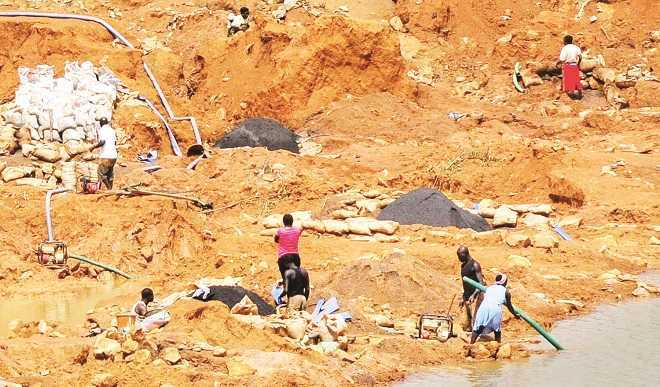Mining host communities worldwide face numerous challenges, often going unnoticed by the general public. Despite contributing significantly to the Nigerian economy, these communities bear the brunt of environmental degradation, social injustice, and economic inequality.

Environmental concerns are paramount, as mining activities pollute air, water, and soil, posing health risks to residents. Deforestation, land degradation, and loss of biodiversity further exacerbate the situation.
Social issues also plague mining host communities. Forced displacement, cultural heritage destruction, and human rights violations are common. The influx of migrant workers often leads to social tensions, straining community resources and infrastructure.
Economic benefits rarely trickle down to host communities, with profits largely accruing to corporations and governments. Local economies are often disrupted, and traditional livelihoods destroyed. The absence of fair compensation, transparency, and accountability worsens the situation.
In Nigeria, for example, mining host communities face severe environmental degradation, displacement, and marginalization. The gold rush in Zamfara State has led to devastating lead poisoning, while iron ore mining in Kogi State has resulted in widespread deforestation.Mining contributes significantly to air pollution, with some estimates suggesting it accounts for up to 7% of global greenhouse gas emissions.
Mining is a major source of water pollution, with thousands of contaminated sites worldwide. Millions of people have been displaced due to mining activities, with the number continuing to rise.Studies have shown increased rates of respiratory diseases, cancer, and other health problems in communities near mining operations.
To address these issues, governments, corporations, and civil society must collaborate. Environmental impact assessments, social responsibility initiatives, and benefit-sharing agreements can mitigate the negative effects. Community engagement, transparency, and accountability are crucial.
The voices of mining host communities must be heard. It is time to prioritize their needs, ensure fair compensation, and promote sustainable practices. Only then can the benefits of mining be shared equitably, and the true cost of extraction be acknowledged.

